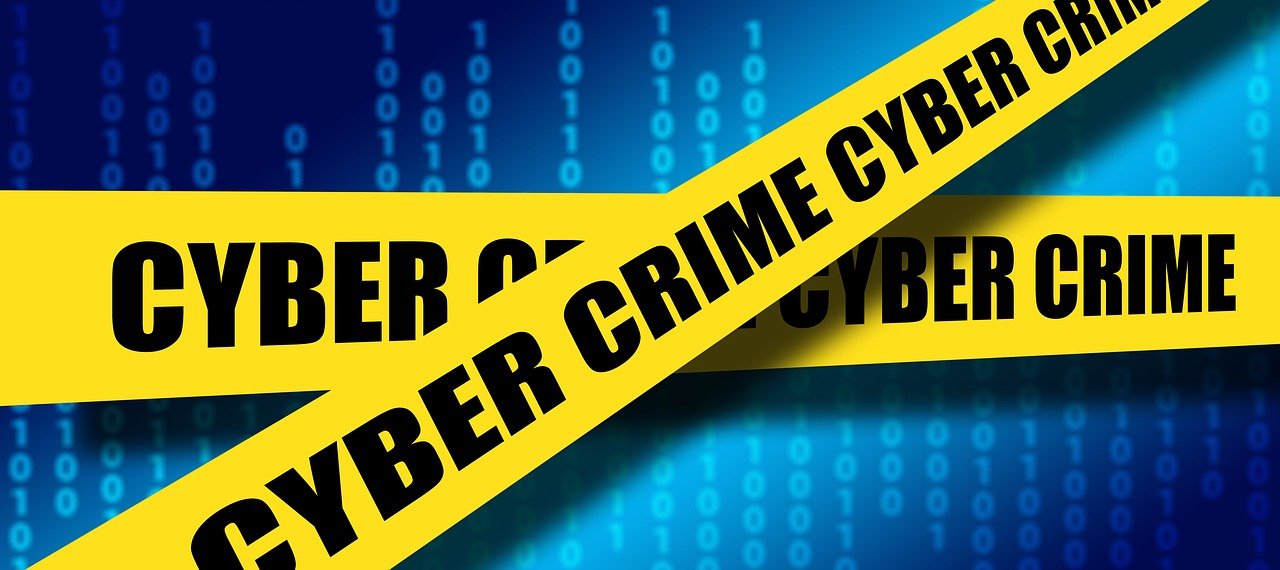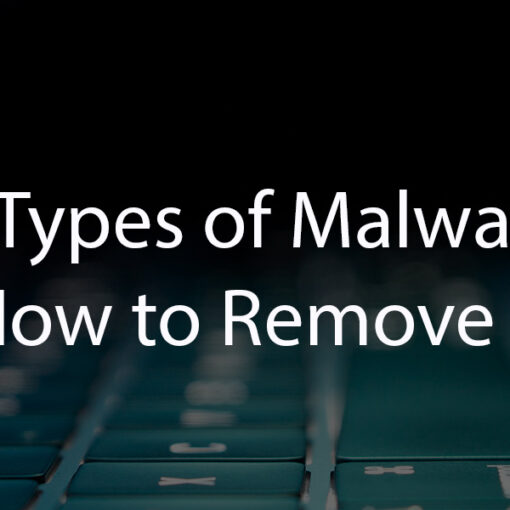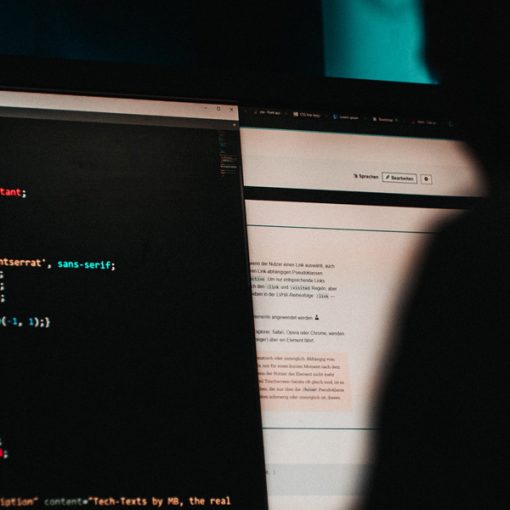One of the immutable facts of 21st-century life and a life lived online is that we, as well-meaning users of the internet and internet-connected hardware, are vulnerable. The vastness of cyberspace and the relatively few people who truly understand how to navigate and exploit its protocols mean that there are ample pickings when it comes to theft, intimidation, and exploitation. The cybersecurity threats we face online are constantly growing and changing, and so living and doing business online requires vigilance. With that in mind, below are 5 online security measures to instantly up your cybersecurity in 2021.
Make Use of a VPN
If you aren’t currently using a virtual private network, you should make that part of your online cybersecurity practices immediately. Something like inVPN offers a cheap VPN that can instantly and exponentially increase the robustness of your cybersecurity methods by ensuring that all the data you send and receive online is encrypted and your IP address obscured. The average internet user would almost certainly be alarmed if they knew how easy it was to intercept data while en route, and the kind of inferences hackers and cybercriminals could make about personal and business information with it.
Use the Right Plugins
Anyone with a grasp of cybersecurity threats and best practices is going to recommend that you make use of some of the many Google Chrome plugins that exist to help protect you while online. HTTPS Everywhere is one of the must-haves because it ensures that you are only using websites that are HTTPS enabled. HTTPS is a protocol that makes sure your login information and all other data you exchange with a website is encrypted. Most websites now have their security updated so that they use HTTPS instead of HTTP, but the HTTPS Everywhere extension lets you know what a website is using.
Another good addition is Disconnect Facebook, which functions as a firewall and blocks all Facebook-related requests that come from third-party websites. Facebook is notorious for constantly gathering information on users and equally notorious for doing a poor job of protecting that user information.
Use Unique Passwords
It is scary how easy it is to crack passwords with the computing power we have nowadays, which is why it is so important to use unique and, ideally, randomized alphanumeric passwords whenever you are creating a new account. Many people make the mistake of using the same, easy to guess password for all of their different online accounts, which puts them at extreme risk. If you want to make it even harder on the cybercriminals, using a long, difficult-to-guess password full of lowercase and capital letters, numbers and symbols make it even more difficult. Most people use the same password everywhere because it is easy to remember, but there are password keepers and generators out there like LastPass to do this for you.
Employ Two-Factor Authentication
Two-factor authentication refers to the steps that you have to go through before being able to access an account. Your bank, for instance, when logging into your online banking platform, likely asks you for both your client card number and password, as well as the answer to a security question or some additional piece of private information that only you know the answer to.
Each additional step you add to your sign-ins makes it that much more difficult for someone looking to gain unauthorized access. You can usually enable two-factor authentication in most applications by going into the privacy or security settings.
Clean Out Your Cache
Another often neglected but easy-to-implement cybersecurity measure you can take right now is to clear out your cache, and then continue to do so on a regular basis. You would be surprised just how much your browser knows about you. All of the cookies that you agree to, your saved searches and web history represent a treasure trove of information for not only marketers but much more nefarious actors online as well.
Conclusion
The number of high-profile attacks over the last few years is finally starting to draw the attention of the average netizen. Cybersecurity threats and attacks are predicted to steadily increase in the coming years and decades as we move even more of our private and commercial lives online. Getting into good cybersecurity habits now can save you major headaches and potential financial disaster in the future. Implement the above online cybersecurity measures today and make it more difficult for criminals to take advantage of you.





